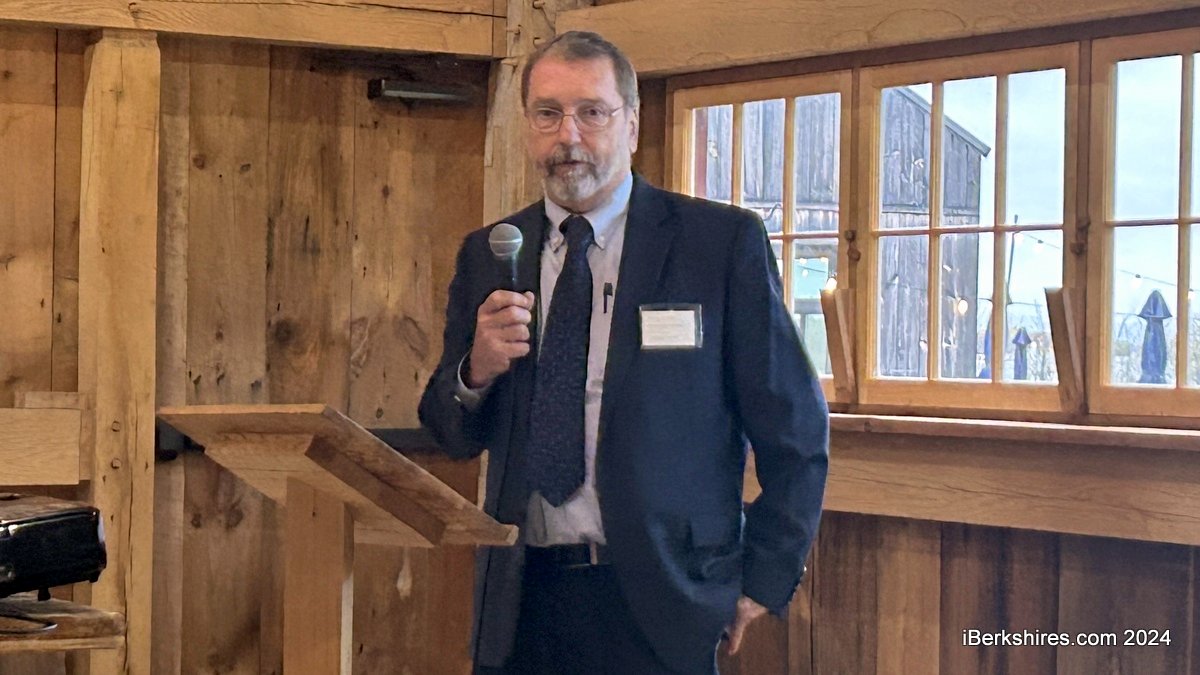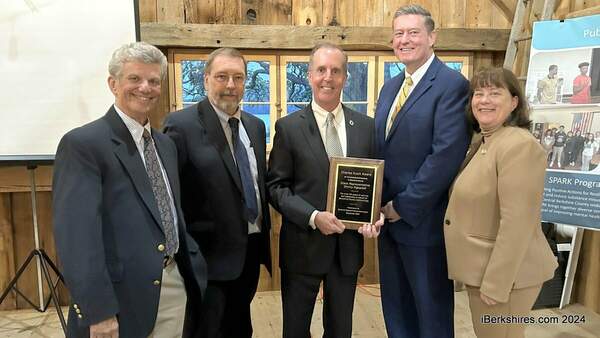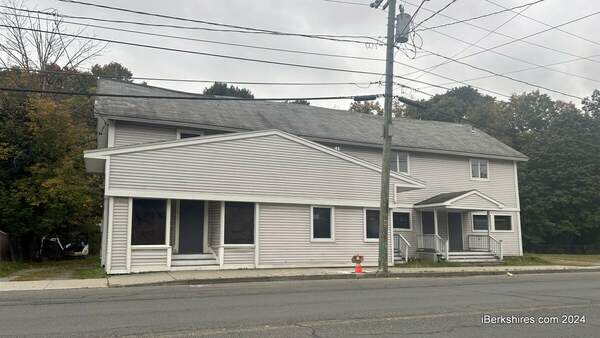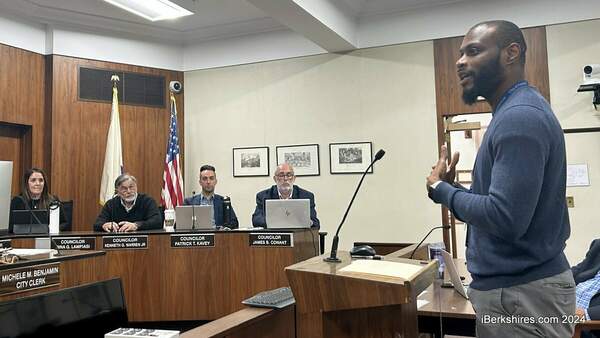
Pittsfield Settles on $786K Reimbursement in Cannabis Dispensary Lawsuit
PITTSFIELD, Mass. — The city will refund a sum of more than $786,000 to three local cannabis dispensaries for allegedly "unreasonable" Host Community Agreement fees, a lawsuit that has popped up around the state.
On Tuesday, the City Council approved the transfer and appropriation of $786,625 from free cash for the legal settlement that is years in the making. Temescal Wellness will receive $360,375, Berkshire Roots $341,000, and Bloom Brothers $85,250 as legal settlements for the repayment of a portion of fees collected between the fiscal years 2019 and 2022.
Officials report that Pittsfield has so far gotten the "best deal" in the state, representing a 77.5 percent reimbursement.
"Like many communities in Massachusetts that were faced with the lawsuits for community host agreements, we had been served by all three cannabis companies and settled it," Mayor Peter Marchetti explained.
"We took all the information in the court into account and was able to negotiate the best deal so far that we've seen in the commonwealth."
He said the settling is less than what each of the companies paid into and if the city went to trial and lost, the reimbursement conditions would be "far greater."
This resolves the lawsuits filed by the dispensaries because they believed they were "not reasonably related to the costs imposed upon the city or incurred by the city" as a result of their operations. It also resolves the claims without an admission of liability.
The process began a few years ago when the first company came forward with the complaint, followed by the other two. The parties began aggressively negotiating this year, with the council going into executive sessions to receive updates.
There was reportedly double-digit interest incurring on a daily basis.
Last year, the Cannabis Control Commission approved changes to the state's adult and medical use regulations including policies that implement the agency's oversight of host community agreements, new equity requirements, and suitability reform.
HCAs must now be "reasonable," meaning that conditions can be required under local regulations, necessary for public health, and imposed on non-cannabis businesses. The new regulations also address impact fees, stipulating that the host community cannot collect them if the license is held for more than nine years.
Temescal Wellness, Berkshire Roots and Bloom Brothers were the city's first dispensaries before the litigation came forward and impact fees were done away with. Marchetti reported that one other organization paid the fees but has not come forward.
"We need to have a host community agreement, whether or not we charge fees that go with that is a different story," he said. "So we're in the process of putting ourselves in the safe harbor version of that host community agreement."
When asked his take on the fee structure, Marchetti said it would depend on the conditions and how it was set up.
"I think we all knew it was already starting to bubble to the surface," he said. "I guess the question was what were the cannabis companies going to do?"
Councilor at Large Earl Persip III was the lone vote against it because he simply did not agree.
"I don't agree that these local businesses who, when the Cannabis Control Commission came about and set all the rules, they were very willing and able to pay these fees, understood what the fees were for, they signed these agreements in good faith, and then when they figured out there was an issue with the law and how it was written is when they came back asking for money," he said.
"Now it's coming from the free cash and it's coming from the taxpayer and I don't agree with it."
Persip feels that the state should have reimbursed the companies.
"I think the state Legislature should have got off their buttons because they could have corrected this agreement for everybody and all the cities that are having this problem but they're scared to take it up," he said.
He added that the state "rushed the rules out" in the beginning.
"Everybody was very eager to pay the fees, people were eager to collect the fees," he said.
"And then when the state realized that there was some legal issues around the language, they changed it and then they changed it without considering the consequences for the local taxpayer and they could have addressed it in their legislative session and helped us out and they didn't."
In response to the changes that the CCC has made, the city has proposed a new ordinance to address equity requirements and allow the mayor to set policy regarding host community agreements. It was approved by the Community Development Board and referred to the subcommittee on ordinances and rules.
Tags: cannabis, lawsuit,
















